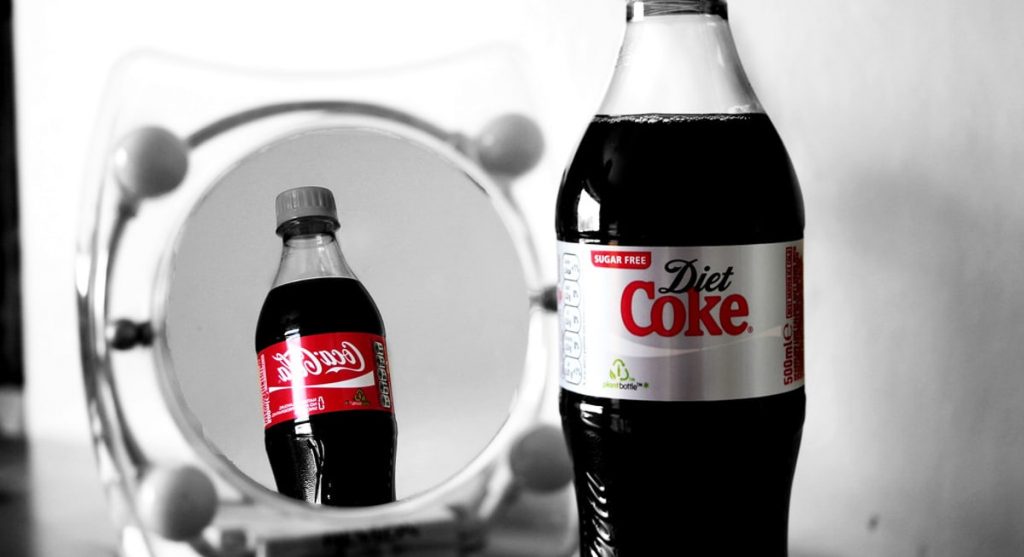Navigating a relationship means sometimes steering clear of conversational icebergs. Get ready to navigate the minefield of words in the realm of romance. Each entry is a gentle reminder that sometimes, it’s not what you say but how you say it.
“You never listen to me.”
This absolute can make your partner feel unjustly accused and defensive. Try expressing your feelings without blanket statements.
“You’re overreacting.”
Minimizing your partner’s feelings is a fast track to making them feel misunderstood. Instead, acknowledge their emotions as valid.
“Whatever.”
It’s the verbal equivalent of an eye roll. This dismissive gem can make your partner feel like you’re not taking their thoughts or feelings seriously.
“I told you so.”
Gloating over your partner’s mistakes doesn’t contribute to a solution. It’s about being a team, not keeping score.
“You always do this.”
Another absolute that can corner your partner and amplify negativity. Focus on the specific issue rather than generalizing their behavior.
“You’re just like your mother/father.”
This comparison can sting, especially if it’s intended as a critique. Appreciate the individuality of your partner, quirks, and all.
“Nothing’s wrong, I’m fine.”
Saying you’re fine when you’re not is the classic bottled-up emotion waiting to explode. Honesty paves the way for a more authentic connection.
“If you really loved me, you would…”
Love isn’t about passing tests or meeting conditions. Communicate your needs without making your affection contingent on their actions.
“We need to talk.”
Although sometimes necessary, this phrase can send anyone into panic mode. Ease into serious conversations without sounding the alarm.
“Why can’t you be more like [person]?”
Comparing your partner to someone else can erode their self-esteem. Cherish the unique bond you share without outside benchmarks.
“I don’t care.”
Even if said in frustration, it can come across as indifferent to your partner’s needs or the relationship itself. Take a moment to cool down before responding.
“You owe me.”
Keeping a tally of who owes what can turn a relationship into a transaction. Strive for mutual support without scorekeeping.
“That’s just who I am.”
Using this as an excuse for hurtful behavior dismisses the opportunity for growth. Embrace change and self-improvement for the sake of your partnership.
“You should have known.”
Expecting your partner to read your mind sets them up for failure. Clear communication is key to understanding each other’s needs.
“Fine, leave.”
Threatening the stability of your relationship during a disagreement can create lasting insecurity. Work through conflicts with patience and understanding.



